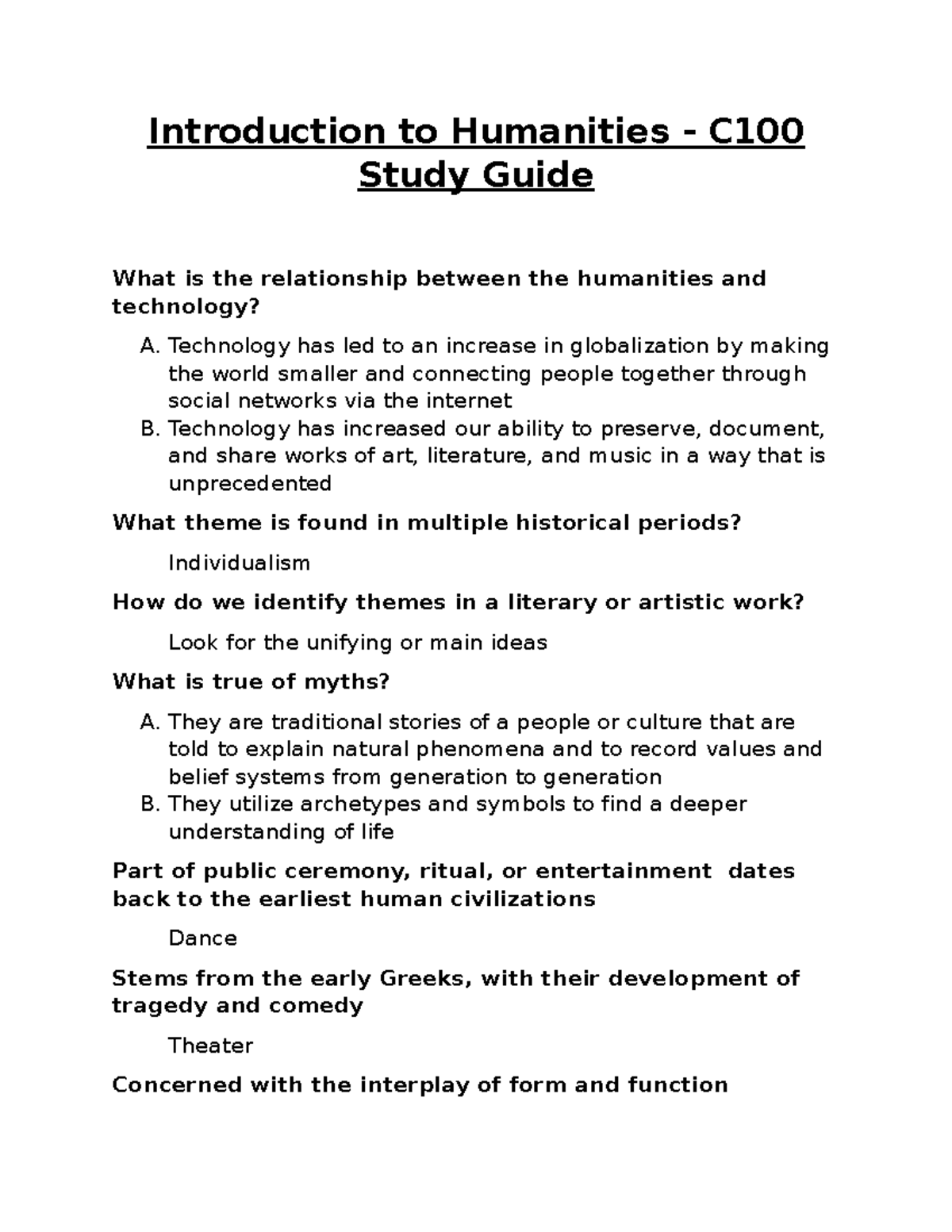Elegy Poetry Workshop: Connecting Through Personal Grief
May 5, 2025 | Culture News | No Comments

The elegy poetry workshop, hosted in Harvard’s Woodberry Poetry Room, invites participants to explore the profound themes of grief and loss through the art of poetry writing. This intimate gathering, led by seasoned poets, serves not only as a creative outlet but also as a therapeutic space for individuals seeking solace in shared experiences. As we delve into the tradition of elegy, we recognize its power to transcend feelings of waning loneliness, allowing participants to honor those they have lost while connecting with one another. The workshop is part of an innovative project aimed at fostering community poetry, where everyone, regardless of their background in poetry, is encouraged to express their emotions. Join us to harness the healing potential of poetry, as we navigate the complexities of human emotion together in a supportive environment.
The workshop focused on elegiac verse serves as a gateway to exploring themes of remembrance and reflection through poetic expression. By engaging in this type of creative writing, participants can articulate the pain of loss and the beauty of memories, forming a collective bond over shared struggles. In this intimate space, poets and non-poets alike gather to craft verses that confront their feelings surrounding grief, ultimately transforming isolation into understanding. This initiative exemplifies the importance of community engagement in artistic expression, where the act of writing becomes a communal experience rather than a solitary endeavor. By cultivating a sense of connection, the workshop helps dismantle the barriers of loneliness through the universal language of poetry.
Exploring the Essence of Elegy Poetry Workshop
The Elegy Poetry Workshop serves as a profound space for participants to explore personal grief and universal themes of loss through poetry. Held in the intimate environment of Harvard’s Woodberry Poetry Room, the workshop encourages individuals from all walks of life to come together and process their emotions through the art of elegy. Satellite discussions around loneliness and grief experienced during the pandemic provided fertile ground for creativity, transforming personal sorrow into shared artistic expression.
Led by skilled poets Karen Elizabeth Bishop and David Sherman, the workshop combines instruction with community engagement, promoting not only individual reflection but the collective experience of mourning. Participants leverage prompts and the extensive resources of the Poetry Room, facilitating a meaningful dialogue between their voices and the texts that inspire them. This initiative reflects a trend in community poetry, where the act of writing together fosters deeper connections and understanding of the human condition.
The Healing Power of Community Poetry
Community poetry has emerged as a vital means for individuals to voice their experiences and emotions collectively. In a world often marked by isolation, workshops like the Elegy Project allow participants to engage with others who share a desire to understand and articulate the complex feelings surrounding loss. Through structured writing sessions, individuals learn that their personal narratives resonate widely, bridging the gap between personal grief and communal healing.
In the Elegy Project, this communal approach empowers poets and non-poets alike to express their sentiments towards those they have lost. The camaraderie developed in such workshops encourages a supportive atmosphere where vulnerability is not only accepted but celebrated. Participants often leave feeling more connected to their community and equipped with new skills to articulate their emotions, proving that poetry serves as a powerful conduit for collective healing and understanding.
The Role of Elegy in Contemporary Poetry Workshops: Grief and Loneliness as Shared Themes
Elegy is a poetic form that intimately aligns with themes of grief and loss, making it especially relevant in contemporary poetry workshops. The Elegy Project by Bishop and Sherman highlights how the expressive potential of elegiac poetry can address the collective yearning for solace amid shared loneliness, particularly experienced during the global pandemic. Participants are encouraged to articulate their feelings about loss not just as individuals but as a community, fostering a sense of solace through shared experience.
In a workshop setting, the exploration of elegy becomes an avenue for participants to reflect on their personal experiences of loss while drawing inspiration from the works of established poets. By utilizing prompts and discussing past literary traditions, the workshop invites attendees to craft their elegies that resonate with their unique stories while also reflecting larger societal themes. This dynamic interplay between individual work and shared themes of grief enriches the poetic landscape, transforming personal pain into communal art.
Resources for Writing Performance in Poetry Workshops
A critical aspect of poetry writing workshops is the array of resources available to participants, which can enhance their creative processes. The Woodberry Poetry Room hosts an extensive collection of poetic texts that serve as inspiration for attendees. By accessing these resources, participants can better understand the nuances of elegy and other poetic forms, discovering techniques that can influence their own writing. This availability of literature creates an enriching atmosphere where writers feel supported and inspired.
Moreover, facilitators like Bishop and Sherman provide tailored prompts that help overcome the often daunting blank page. These prompts act as scaffolding for writers, allowing them to channel their thoughts and feelings more freely without the pressure of producing a polished poem on the first try. The resources in poetry workshops serve not only to inspire but also to empower individuals to explore their creative voices within a community context.
The Influence of Harvard’s Woodberry Poetry Room
As a renowned center for poetry in education, Harvard’s Woodberry Poetry Room plays a significant role in fostering a culture of literary exploration and community engagement. This esteemed venue provides an invaluable backdrop for workshops aimed at delving into poignant themes such as grief, loneliness, and connection. The diverse programming, including the Elegy Project, encourages poets to utilize the rich legacy of poetry as they work to articulate their emotions and experiences.
Furthermore, the Woodberry Poetry Room’s infrastructure supports not only individual creative expressions but also wider community initiatives. The partnerships formed through the Poetry Room’s workshops allow for the dissemination of poetic ideas and inspire attendees to seek new approaches in their writing. Ultimately, the program’s focus on community and collaboration transforms the space from a traditional literary archive into a vibrant hub for collective healing through poetry.
Embracing Loneliness through Elegy: An Emotional Journey
In a world where loneliness can often feel overwhelming, elegy poetry offers a framework for individuals to process their emotions in a meaningful way. Participants in the Elegy Project are encouraged to confront their feelings of isolation and grief, using poetry as a medium to express their innermost thoughts. By engaging with themes of loss and memorializing loved ones through poetic language, writers not only confront their own loneliness but also connect with others who share similar sentiments.
The act of writing elegy together—forging a community bound by shared experiences—provides a powerful antidote to the isolation that often accompanies grief. In the supportive environment of the workshop, loneliness transforms into a shared journey, revealing that while each person’s loss is unique, the emotions surrounding it are universal and relatable. These workshops invite participants to cathartically embrace their feelings, reminding them that they are not alone in their experiences.
The Future of Poetry Writing: Workshops and Community Engagement
Looking ahead, the future of poetry writing workshops appears promising, with an increasing focus on community engagement and collaboration. Initiatives like the Elegy Project demonstrate that poetry can serve as a vehicle for addressing shared human experiences, particularly around themes of grief and loss. By fostering a sense of belonging through collaborative writing, these workshops affirm that poetry is not an isolated endeavor but rather a communal act of creation and reflection.
Additionally, as the significance of emotional expression continues to gain traction within society, we can anticipate a growing demand for workshops that facilitate these essential conversations. Engaging with poetry in a community setting empowers individuals to explore their emotions and encourages them to extend the healing power of art beyond personal spheres into larger societal discussions. This shift promises a richer poetic landscape, one that emphasizes connection over competition and nurtures creativity for all.
The Role of Personal Experience in Crafting Elegy
Crafting an elegy often requires an introspective examination of personal experiences. During workshops like the Elegy Project, participants are encouraged to delve into their memories and feelings surrounding loss, allowing these experiences to inform their writing. By doing so, they not only create sincere and poignant poetry but also process their grief—turning raw emotion into art that resonates with others.
In this context, personal experience becomes a powerful catalyst for creativity, influencing the themes and emotions that emerge in the elegies. As participants share their stories and reflect on the nuances of their losses, they create an inviting atmosphere where vulnerability is nurtured. The resulting poetry becomes a rich tapestry of individual voices interwoven through shared experiences, emphasizing the universal nature of grief and the human condition.
Conclusion: The Transformative Nature of Poetry in Times of Loss
In conclusion, workshops like the Elegy Project illuminate the transformative nature of poetry in addressing themes of loss, grief, and community. By fostering environments where individuals can express their emotions through elegy, these initiatives reaffirm the healing power of poetry, demonstrating its ability to connect us even in our most isolated moments. The experiences shared in such settings help participants recognize their feelings of loneliness and grief as universal elements of the human experience.
Ultimately, the continued integration of community engagement in poetry writing workshops heralds a new era for the art form, one that emphasizes collaboration, vulnerability, and mutual support. As the poetic landscape evolves, the legacy of elegy and the connections forged through workshops will inspire future generations to embrace the beauty of poetry as a means of understanding and navigating the complexities of loss and healing.
Frequently Asked Questions
What is an elegy poetry workshop and who can participate?
An elegy poetry workshop is a creative space where individuals come together to write, share, and refine elegiac poetry, which often addresses themes of grief and loss. These workshops are open to everyone, whether you’re an experienced poet or a beginner, and they aim to foster community poetry that helps participants process their emotions.
How do elegy poetry workshops help address themes of grief and loss?
Elegy poetry workshops provide a supportive environment for individuals to explore and express their feelings related to grief and loss. By writing and sharing their elegies, participants can connect with others who have experienced similar emotions, making the process of mourning less isolating and nurturing community bonds.
What can I expect from participating in the Harvard elegy poetry workshop?
In the Harvard elegy poetry workshop, you can expect to engage with prompts, use the Poetry Room’s resources for inspiration, and receive guidance from experienced facilitators. The workshop encourages open dialogue about personal and collective experiences of loss, aiming to harness the healing power of poetry in a communal setting.
Why are elegy poetry workshops important for emotional expression?
Elegy poetry workshops are vital for emotional expression as they provide a safe space for individuals to articulate their grief and navigate the complexities of loss. Writing elegies allows participants to reflect on their personal experiences, acknowledge feelings of loneliness, and find solace through shared community poetry.
How does the Elegy Project at Harvard connect to the themes of waning loneliness?
The Elegy Project at Harvard addresses waning loneliness by promoting community interactions through poetry. By distributing elegy poems publicly and conducting workshops, the project helps create connections among participants, making them feel less isolated in their grief while fostering a shared understanding of loss.
What techniques are taught in elegy poetry workshops to enhance poetry writing?
Elegy poetry workshops often teach techniques such as incorporating personal narratives, using evocative language, and exploring varied poetic forms—all aimed at enhancing poetry writing. Participants learn how to channel their emotions into their verses, ultimately crafting elegies that resonate on both personal and universal levels.
Can writing elegy poetry be a therapeutic experience?
Yes, writing elegy poetry can be a therapeutic experience. The process of articulating feelings of grief and loss through poetry can lead to emotional release and healing. Workshops create a collaborative atmosphere where individuals can process their experiences together, contributing to their emotional well-being.
What is the link between elegy poetry workshops and community engagement?
Elegy poetry workshops foster community engagement by bringing together diverse individuals to share their unique experiences of grief and loss. This collective exploration of themes in poetry helps cultivate a sense of belonging and support, demonstrating that poetry is a communal endeavor that resonates deeply with universal human experiences.
| Key Point | Details |
|---|---|
| The Elegy Project | A public poetry initiative aiming to connect individuals through shared grief. |
| Workshop Setting | Held in Harvard’s Woodberry Poetry Room, focusing on the tradition of elegy. |
| Goals of the Workshop | To provide a space for participants to process grief and create poetry in community. |
| Inspirational Figures | Karen Elizabeth Bishop and David Sherman lead the project, collaborating with several poets. |
| Community Engagement | Workshops help dismantle barriers, inviting people from diverse backgrounds to participate. |
| Use of Prompts | Prompts and texts help stimulate creativity, easing the pressure of starting to write. |
Summary
The elegy poetry workshop is an essential space for individuals to explore their emotions surrounding loss and grief. By participating in such workshops, attendees can connect deeper with their feelings, while finding solace and solace in shared experiences. The collective effort within the elegy poetry workshop not only fosters individual expression but also builds a community that acknowledges and embraces the universal nature of loss.



